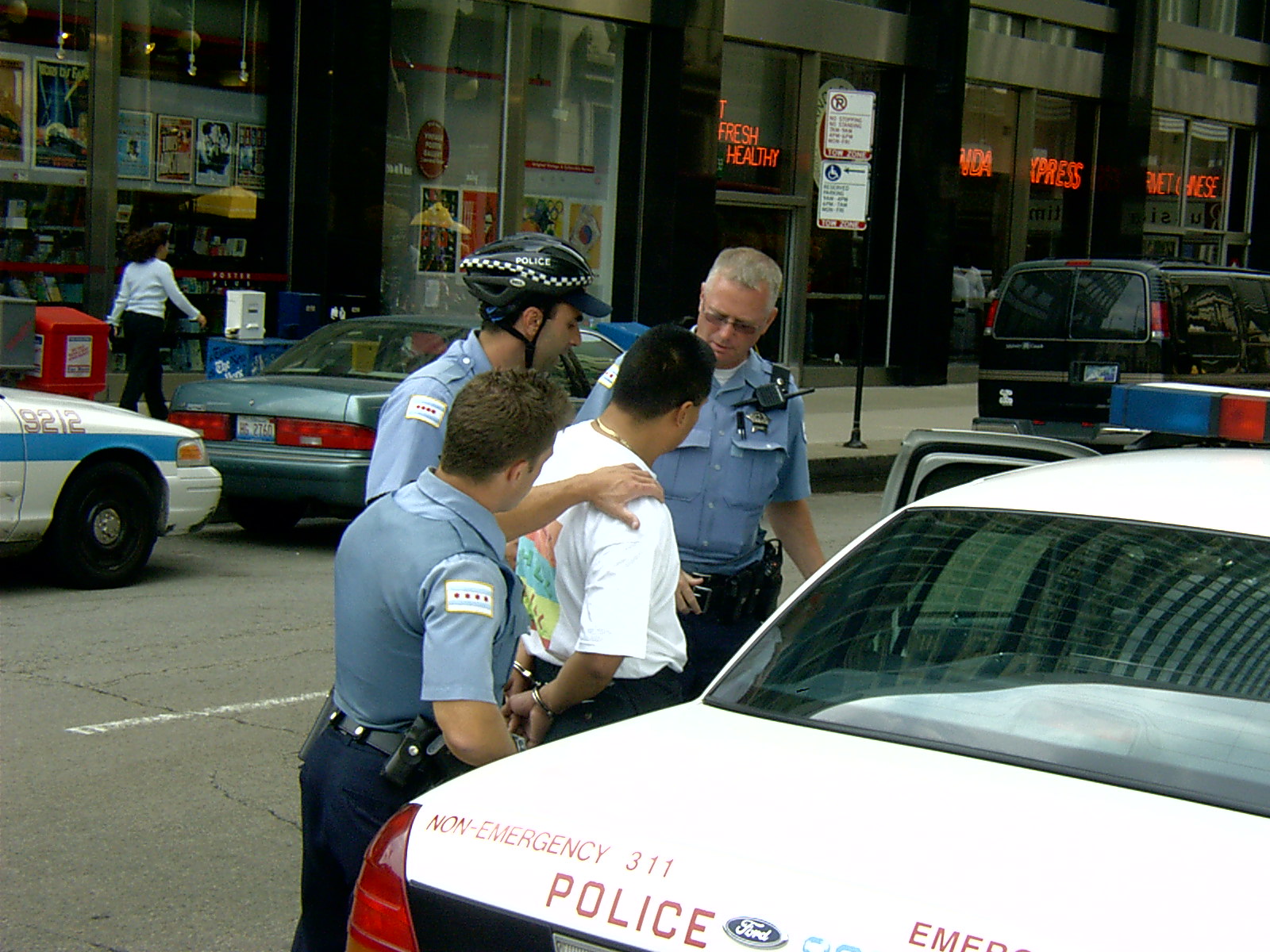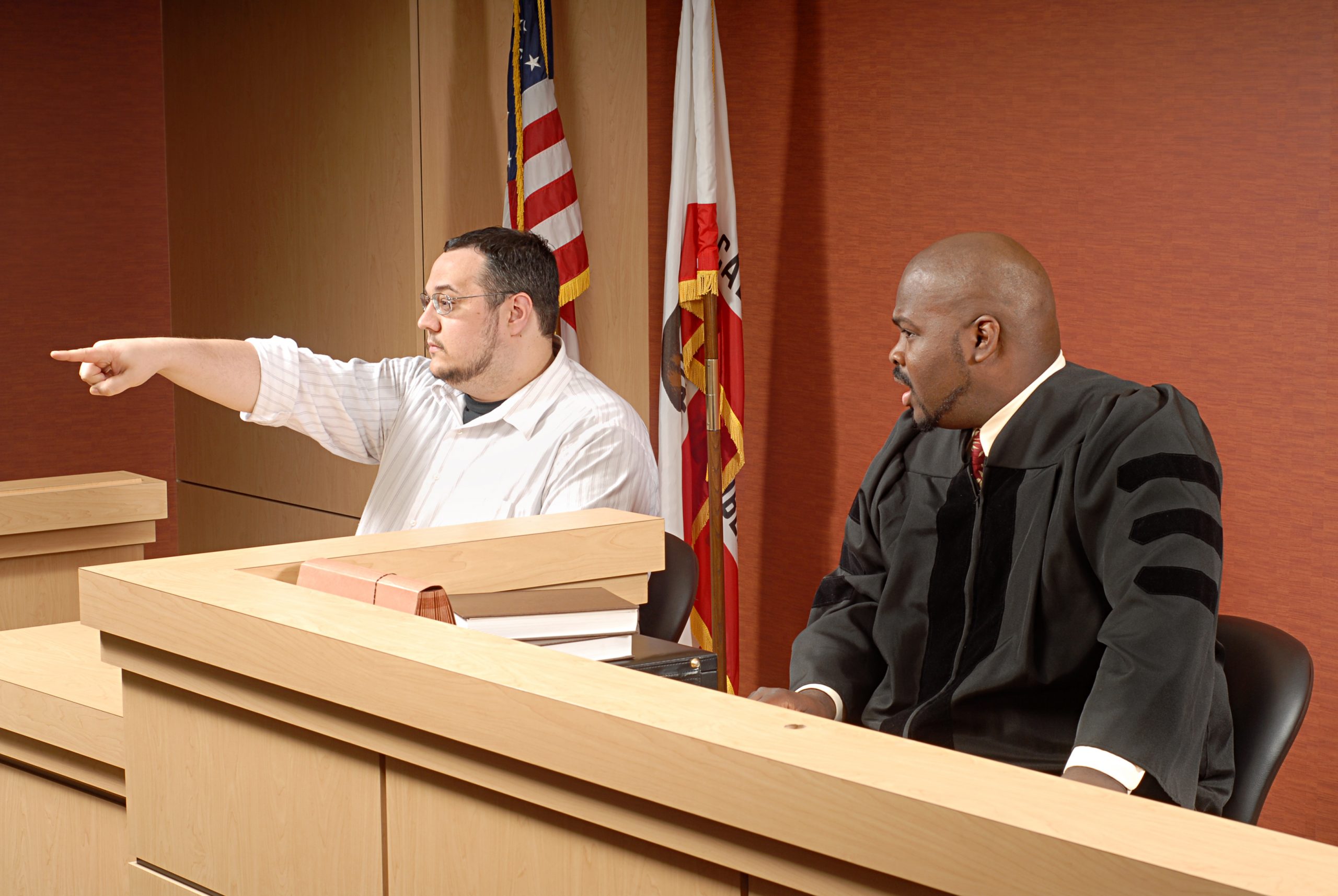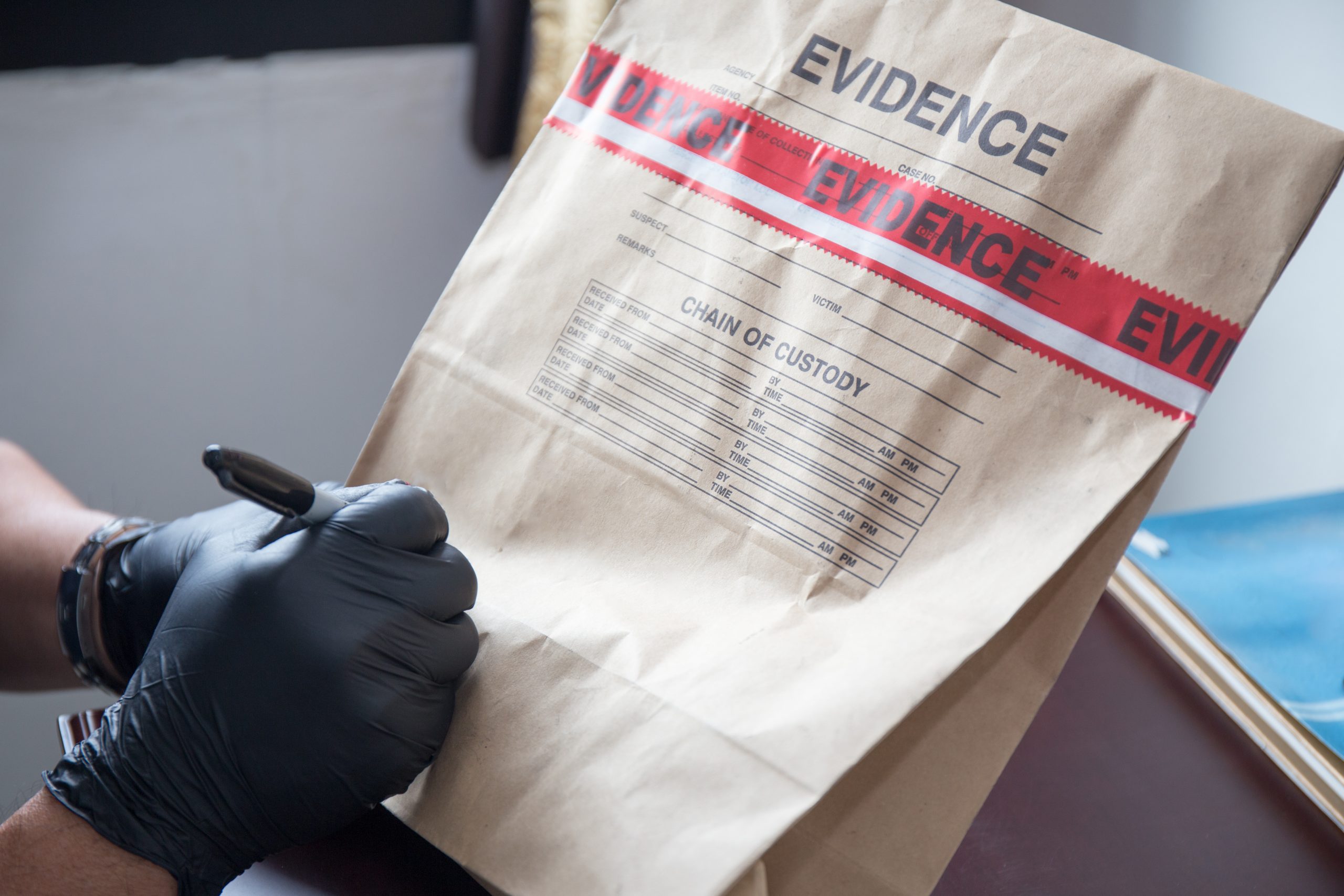Search Results for: sixth
Notice: Undefined index: id in /home/howtojusticeorg/public_html/wp-content/themes/reveal/search.php on line 23
What is a Bivens Action?
A Bivens action is a lawsuit against a federal government official who violates someone’s constitutional rights.
READ MOREExplainer: The Supreme Court Decision in Wooden v United States
In Wooden v United States, the Supreme Court addressed mandatory minimums under the Armed Career Criminals Act.
READ MORECan You Get 54 Days Off Your Sentence Per Year For Good Time?
Under federal law, you can get 54 days off your sentence per year for good time. But does that mean you really get the full 54 days?
READ MOREHow Do You Know If Your Lawyer Is Doing A Good Job?
You have a constitutional right to a lawyer in criminal cases. But how do you know if your lawyer is doing a good job?
READ MOREWhat Constitutional Errors are “Harmless”? How does it Affect you?
Some constitutional violations even though errors are not erroneous. Those are harmless constitutional errors. As per this rule, courts do not consider unimportant errors occurring during a trial. It means that not all constitutional violations can get you a dismissal, a new trial or appeal otherwise.
READ MORECan You Win An Appeal For Ineffective Assistance Of Counsel?
The most common argument on appeal in criminal cases focuses on ineffective assistance of counsel. But can you win with that argument?
READ MOREWhat Arguments Can You Make In A Criminal Appeal?
If you’ve been convicted of a crime, you’re probably already thinking about what arguments will work best to appeal in your criminal case.
READ MOREWhen Can You Appeal To The US Supreme Court?
It’s possible that you could appeal your criminal case to the US Supreme Court. But how do you do it? And is there a chance you can win?
READ MOREWhat is an Examination in Court?
In a witness examination, attorneys from both parties can ask questions. Such witness examination can take place in both civil and criminal trials. There are two types of witness examination: direct-examination and cross-examination.
READ MOREWhat Makes Evidence Inadmissible in Court?
In a criminal case, a party to the case can present evidence in the form of written documents, witnesses, photos and videos. When evidence is incompetent, prejudicial and irrelevant to the case a judge can disregard it. Such evidence is inadmissible in court and must be removed from the case.
READ MORESubmit a Resource









